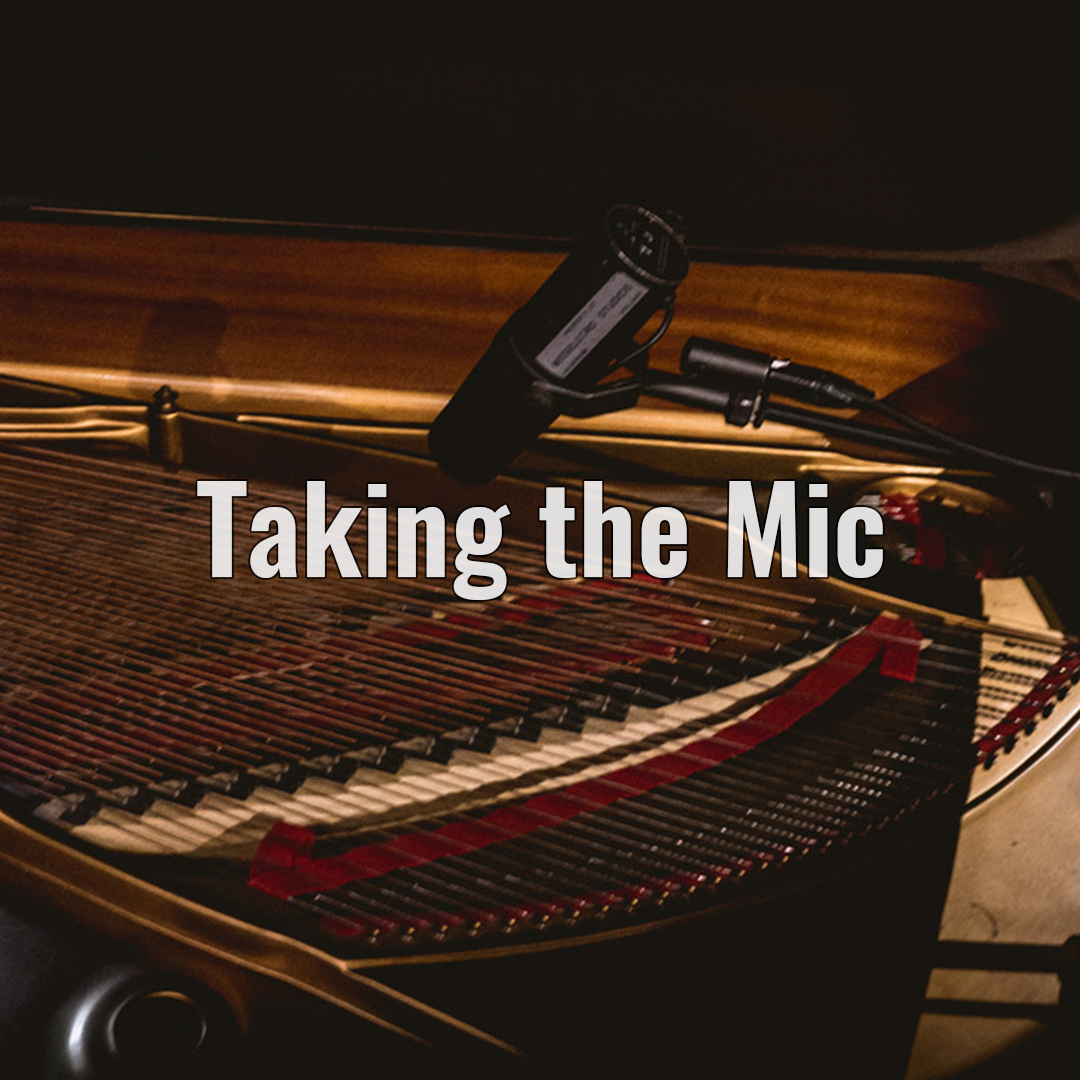
When we think of music, we think of how accessible it is, whether that's through CDs, vinyls, tape cassettes (they were a thing!) or straightforward streaming on the relevant platforms. But what about how we listen to it?
I caught up with Stephen Emmer, who has been using a very interesting recording method to allow his music to be more immersive with the use of modern music technology and he's here to tell us all how he utilised this unique method.
What inspired you to create this very immersive musical experience?
"The main inspiration came from a coffee table book I picked up second hand somewhere in Amsterdam which is called 'Composers and Their Homes'. In this book you see the houses of several composers through the ages and usually, they worked and lived in their homes with a grand piano in either the main room or the study.
I thought that this is the house where all these wellknown melodies are made for centuries. From Bach in his day, to someone like Einaudi in our day and age.
So I started composing in my own home, at my baby grand piano in my study and felt that it would be good to sonically illustrate what it's like for a composer qho works and lives in one and the same place by playing the music and to interweave that with domestic sounds.
The new Dolby Atmos technology made that possible technically and that's where the whole thing fell in to place for me."
Given the immersiveness of your music, what was the recording process for this project?
"We recorded the instruments with many different microphones at different positions, thus imitating the positions of the loudspeakers in an immersive audio setup. So instead of doing traditional stereo recordings and then mixing it in an immersive format afterwards, we actually recorded it immersively already."
You use a very specific format to create the effect of 3d sound, do you see this method being implemented in to mainstream music?
"Yes, I can see this being done by more and more artists because the technology becomes less and less expensive and easier to operate from your own laptop to create immersive projects on. Also next to the maker's side of things, listeners can now listen to an immersive project similar via their binaural headphones whilst streaming the immersive music from platforms like Apple Music, Amazon and Tidal (where is Spotify in this?)."
3D sound has the best effect through headphones, how impactful would it be in a live setting?
"In the past, experiments were done with various surround setups, but it never has been so easy and affordable to produce it this way in today's world. So I expect that this will also soon translate into live setting and stereo might just become the next mono."
What are the advantages/disadvantages of recording with this method?
"Advantages are clear because it gives more transparency and involvement to listen to next to endless more creative possibilities that actually brings the sound preproduction closer to the biological specs of the human ear. So it's only logical to pursue that potential.
Disadvantages are possibly that the industry will find another reason to release all kinds of old music, like CD reissues of vinyl records at the time did, whereas I find it should be used to create new music which doesn't involve repurposing of old stereo recordings. A new day, a new sound."
What's the story behind the name of the project?
"The French name is kind of a tribute to the album name of a defining pop album at the time called 'Histoire de Melody Nelson' from Serge Gainsbourg. Now, I just read that his home will be opened as a museum in Paris and I'd say it should be called his Maison Melody."
For those that are studying music technology, how beneficial would learning this format be for them?
"Very beneficial as, again, stereo might become the next mono as a format in the next few years and as Brian Eno once said: 'Then music might become like whale oil: obsolete and overlived'. So better tune in to the new possibilities of today when you're about to start a career in music. As the music industry also might radically change through new things as the metaverse, I think immersive music will play a big role in that too. So my guess is that there the action will be, so try and get involved in that!"
A lot of people are now returning to vinyl, given it's popularity as a format, do you think this new recording method could be a popular alternative to the way listeners experience music?
"Sure, but I can also see happening that we get Dolby Atmos vinyl projects, so a combination of the old and new all in one fresh combination."
You've worked with the likes of Lou Reed, Chaka Kahn and Patty Austin, is there anyone from the modern scene that you would love to collaborate with?
"Sure, I like adventurous people like Floating Point, Nico Muhly, Bon Iver, Dirty Projectors Rachika Nayar, Trentemoller, Echo Collectif."
Final word: Stephen Emmer takes the mic
"Hey everyone, thanks for reading on me this far. Now if you want to learn more about the immersive project and its backgrounds, you can hear me talk about that here or to my own website stephenemmer.com thanks for your time everyone."
Such an insightful chat with Stephen, could this new format catch on? Only time will tell.
[Taking The Mic - Editorial - 4 April 2022]